The Birth of Moreno Valley Mall
In 1992, the Moreno Valley Mall opened its doors, bringing a new retail experience to Moreno Valley, California. The site chosen for this ambitious project had previously been home to the Riverside International Raceway, a local landmark.
The mall was developed by Homart Development Company, a firm with a track record of creating large-scale commercial properties across the country.
A fierce rivalry between the two developers shaped the mall's early years. Each was vying to build the first large shopping center in Moreno Valley, and both proposed massive malls just across the street from each other, but the market couldn't support both projects.
The developers raced to secure commitments from major department stores, knowing only one mall would be built. Ultimately, the Moreno Valley Mall emerged victorious, becoming the city's central retail hub, while the rival project was forced to shift focus.
Moreno Valley Mall's original anchor stores - Sears, JCPenney, May Company California, and Harris Department Stores - were popular retail names, each bringing its customer base to the mall.
Alongside these big names, the mall boasted 140 specialty stores, covering everything from fashion and electronics to home goods and dining options.
This combination of large and small retailers created a vibrant commercial environment that helped establish the mall's presence in Southern California.
In the years following its opening, Moreno Valley Mall faced financial difficulties. By 1996, its valuation had dropped from its original $107 million to just $66 million. This decline put the mall in a tough spot and impacted the city's financial plans.
The city had provided a $13 million infrastructure loan to support the development, but with lower-than-expected revenue, the repayment timeline was extended. Initially, the loan was expected to be paid off in the 2000s, but the city now projected it would take until 2026.
Changes in Ownership and Anchor Stores
In 2015, Sears Holdings spun off 235 of its properties, including the Sears at Moreno Valley Mall, into Seritage Growth Properties. This restructuring was part of a broader strategy to manage Sears' declining fortunes.
The following year, in 2017, International Growth Properties acquired the entire mall for $63 million, marking another chapter in the mall's evolving history.
At the same time, the mall's anchor stores experienced their transformations. The Harris department store had been one of the original anchors, but in 1999, it was rebranded as Gottschalks.
However, Gottschalks faced its financial struggles and ultimately closed in 2008, just before filing for bankruptcy the following year.
Another early anchor, May Company, transitioned into Robinsons-May in 1993, which in turn became Macy's in 2006.
In 2020, the mall faced another blow when Sears closed its doors for good. This closure was part of a nationwide plan to shutter 96 stores as Sears continued to grapple with its financial challenges.
With Sears's departure, the mall had to reconfigure its tenant mix, bringing in entertainment venues like Round1 Entertainment to fill the gap left by the departing retail giant.
These shifts in anchor stores reflected broader trends in the retail industry, as traditional department stores struggled to keep up with changes in consumer behavior.
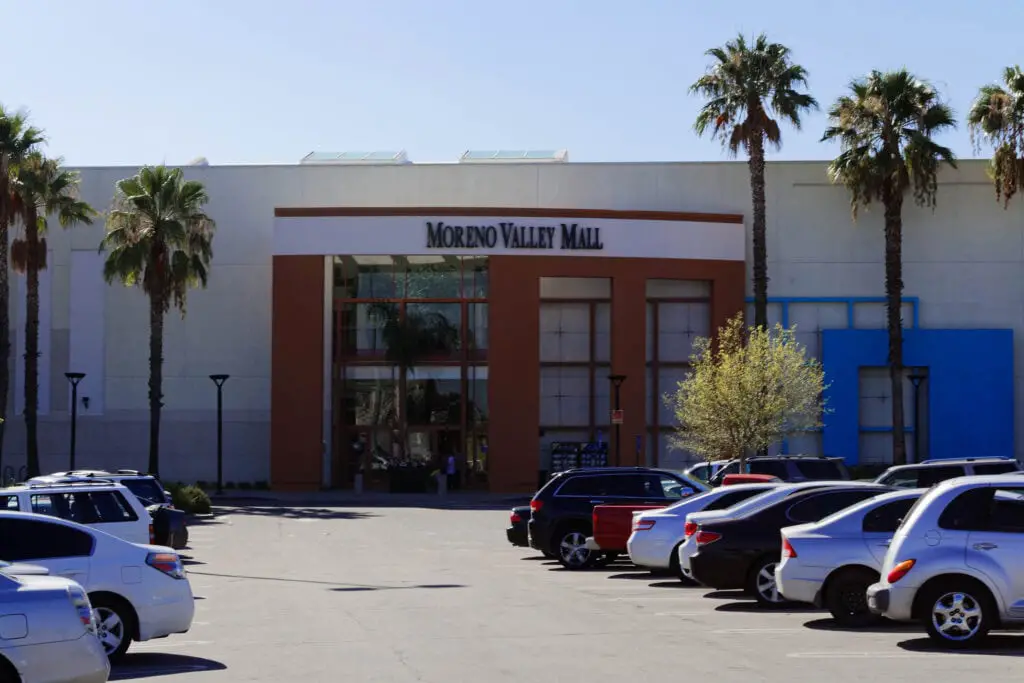
Revitalization and Expansion of Moreno Valley Mall (2023-2024)
The Moreno Valley Mall is on the cusp of a transformative redevelopment that will redefine its role within the community. The mall is set to undergo a major revitalization driven by a comprehensive plan approved by the Moreno Valley City Council.
The council unanimously endorsed the project on June 7, 2023. It promises to breathe new life into the mall by turning it into a dynamic, mixed-use destination for shopping, living, and entertainment.
One of the most striking aspects of this revitalization plan is the addition of over 1,600 new residential units. These units will be built on the existing parking lots surrounding the mall, converting them into vibrant residential areas.
By doing this, the mall will shift from being a purely commercial space to a mixed-use development, blending living spaces with retail and entertainment.
This kind of development is expected to increase foot traffic, attract new businesses, and provide a convenient lifestyle option for residents who want to live near retail and entertainment venues.
In addition to the residential units, the project will introduce approximately 40,000 square feet of new retail space and 60,000 square feet of office space. The revitalization plan also includes the construction of two hotels, comprising 270 rooms, alongside a new conference center.
These new commercial and office spaces are designed to draw businesses and consumers to the area, creating new job opportunities and stimulating economic growth in Moreno Valley.
To further enhance the mall's appeal as a community hub, a new public central plaza will be created. This open space will serve as a gathering spot for both residents and visitors, connecting the existing mall to the residential and commercial developments.
The plaza will become a focal point for outdoor events, social activities, and relaxation, helping to foster a sense of community within the area.
Groundbreaking for the revitalization project is set to begin in 2024, marking the start of a multi-year transformation.
As this plan unfolds, the Moreno Valley Mall is poised to become more than just a shopping destination - it will evolve into a lively, multi-use hub that meets the needs of a growing and changing community.


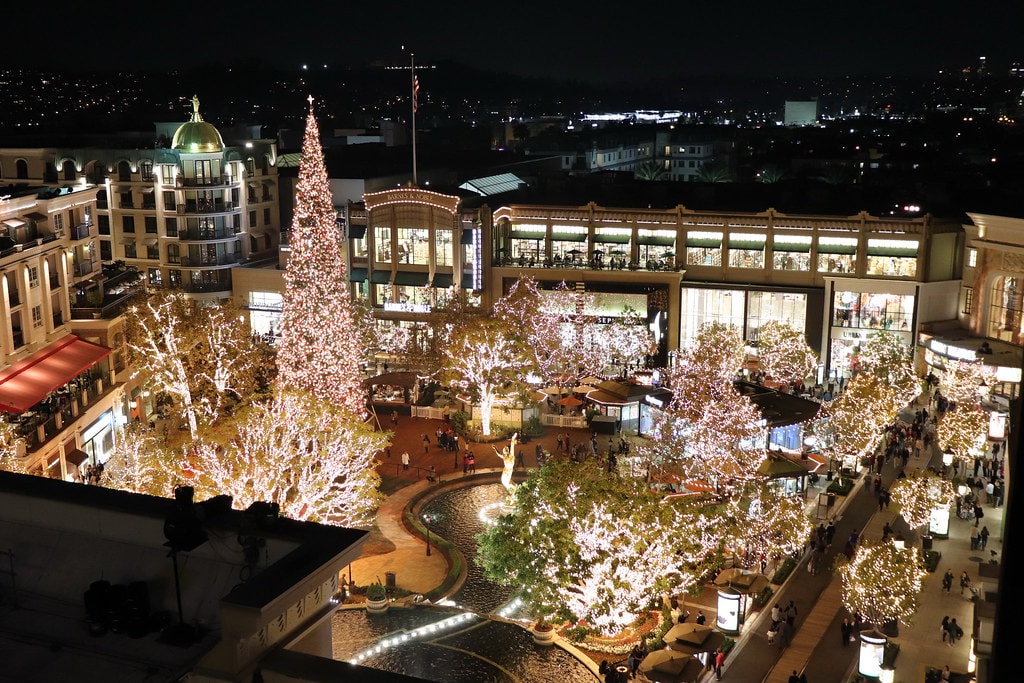
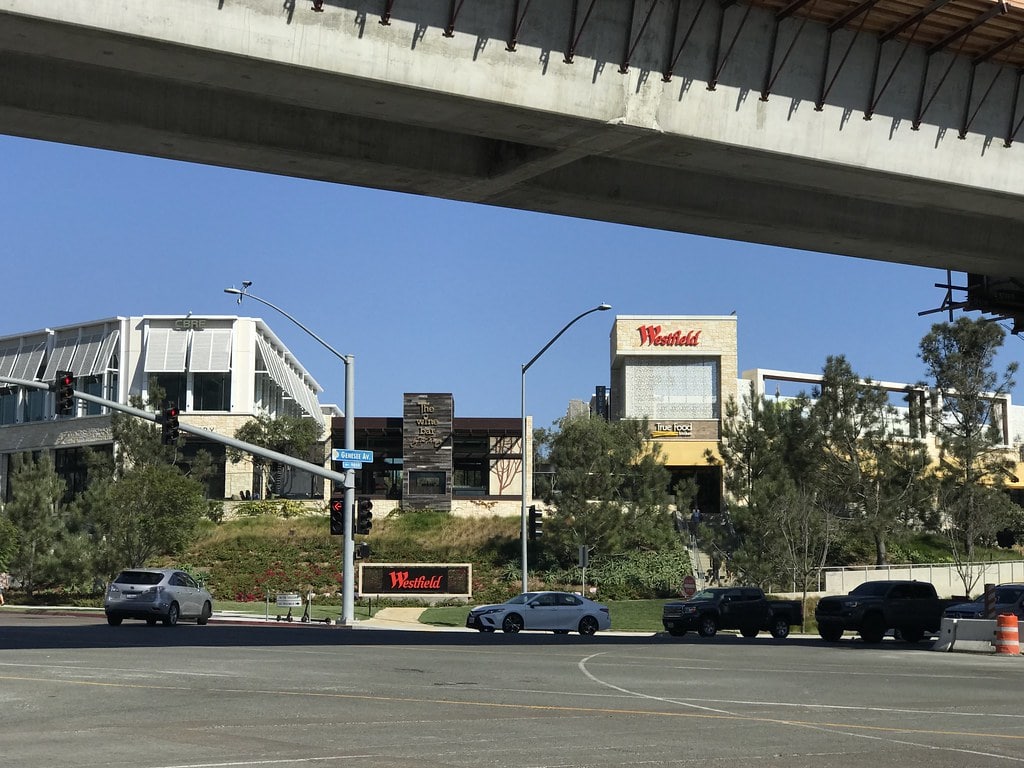

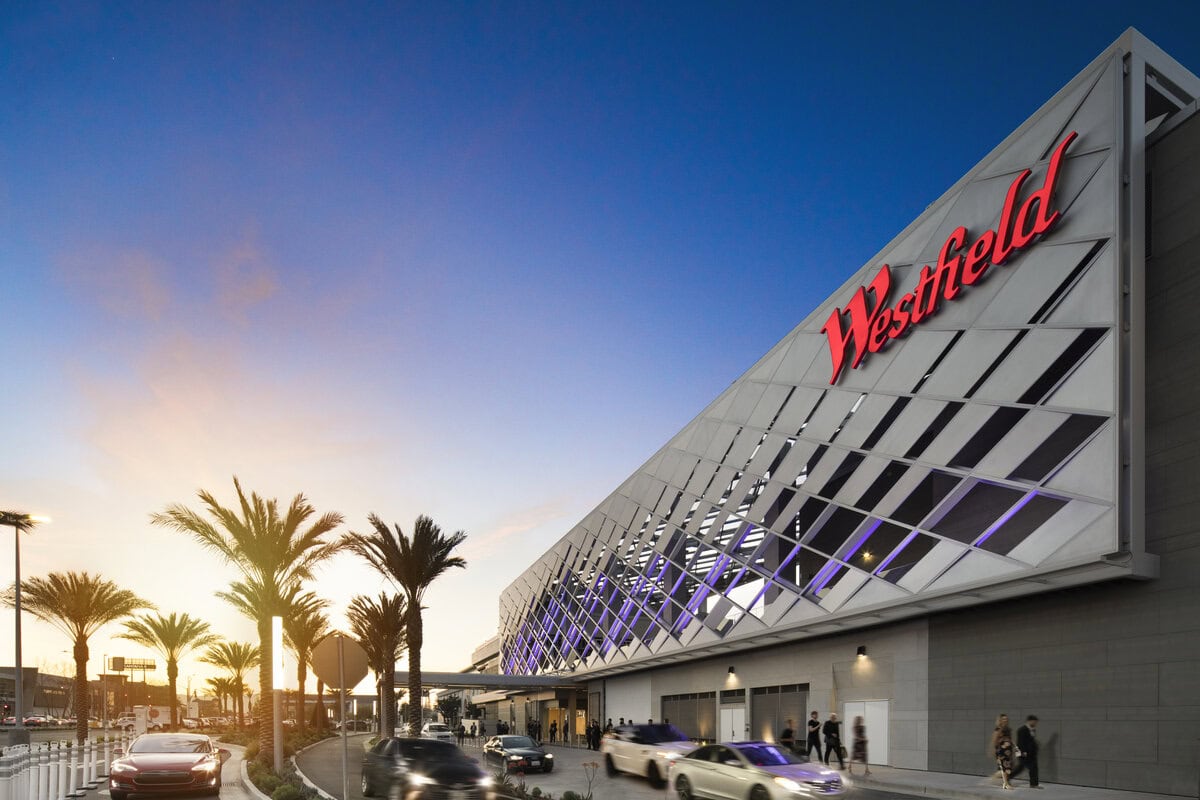

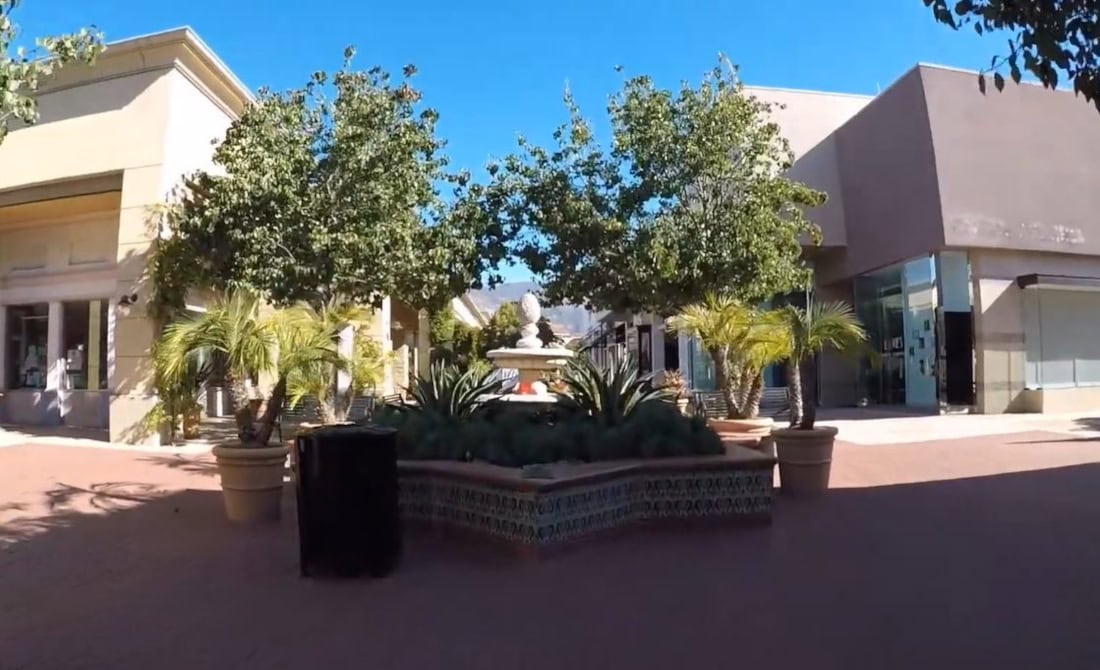
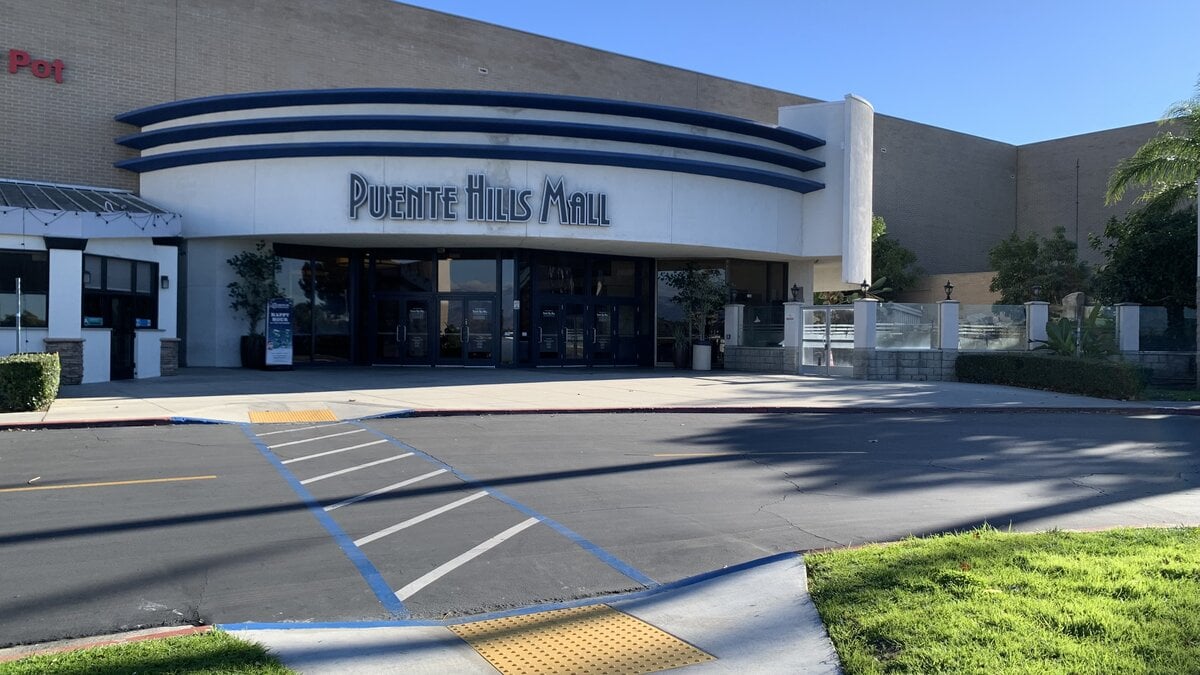
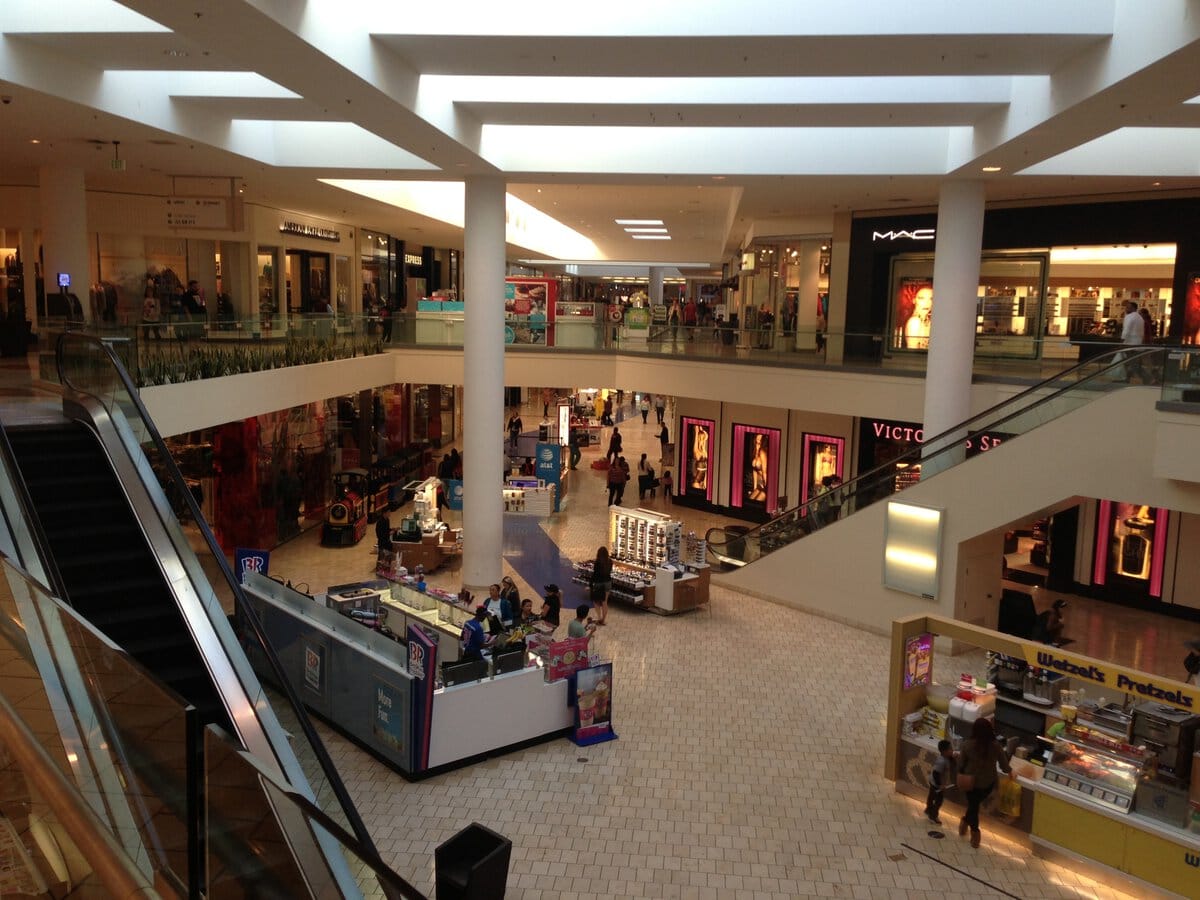
Pasadena tried this. They converted the most wonderful Pasadena mall into something similarly-planned for Moreno Valley Mall. Never had the same type of draw or revenue again. It was the heart of the city.
I remember the Riverside Speedway from the 1960's also. The mall was the first attraction this area had. No other local cities really had a real mall, including Riverside. They had stores with big names like Kmart on Iowa with the great restaurant and Sears. Where's Riverside's Whitefront, where are the other greats? Change does not always mean "for-the-better."
The mall was a meeting place, a family outing to look forward to.
...and now this?
You’ve captured so much nostalgia in your comment—thank you for sharing! It’s true, some changes don’t always capture the same magic.
this is what's happening to California...people are leaving!
I also will be moving, back to my home state of Arkansas!! As soon as my daughter can come out here and get me...
Moving is such a big step—I hope your journey back to Arkansas is filled with good things. Thanks for sharing your story!